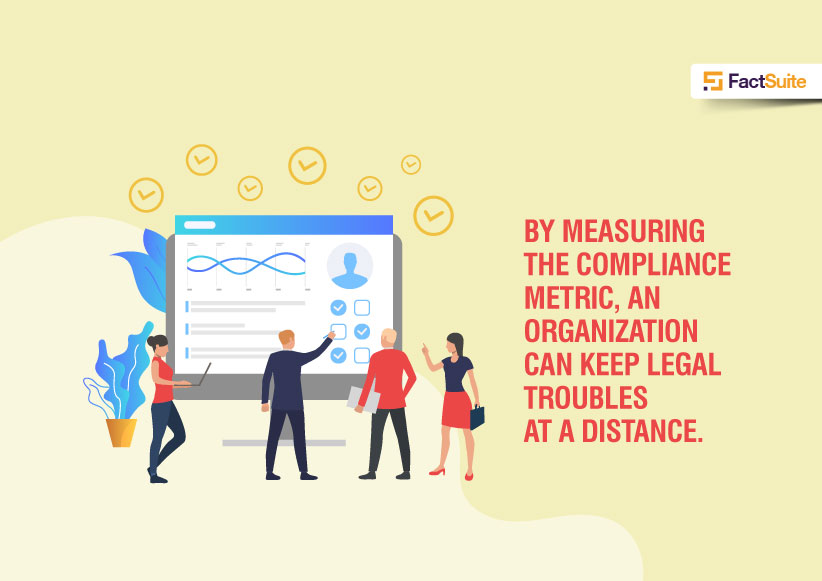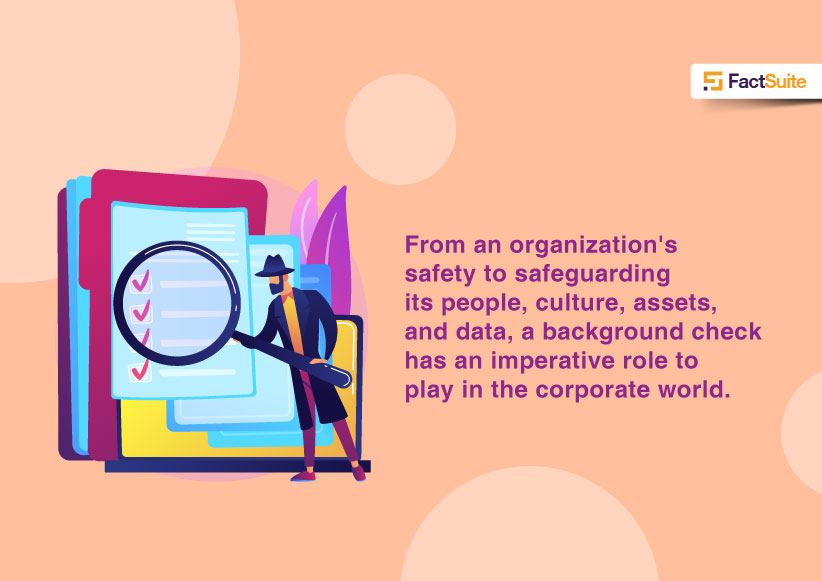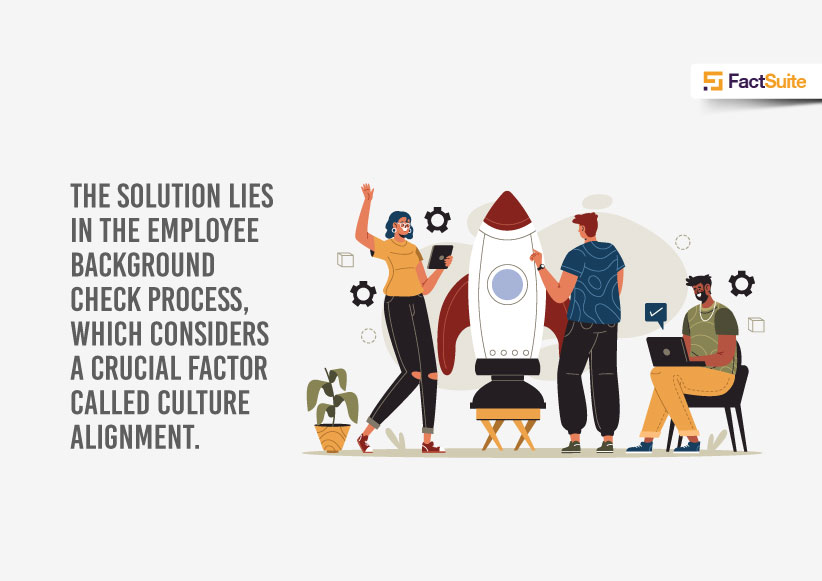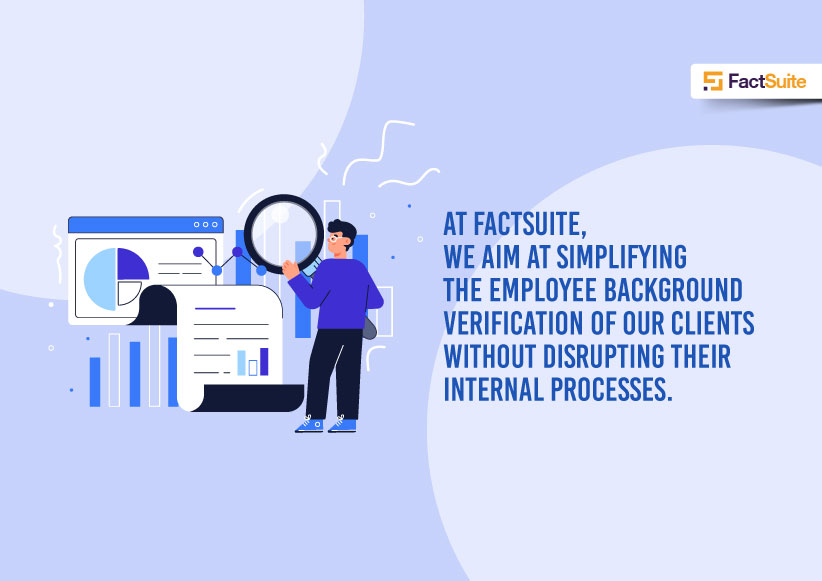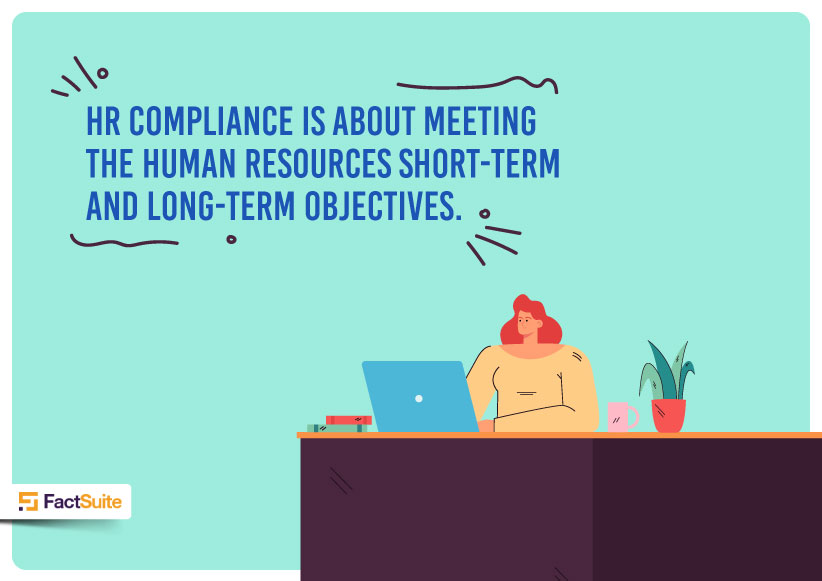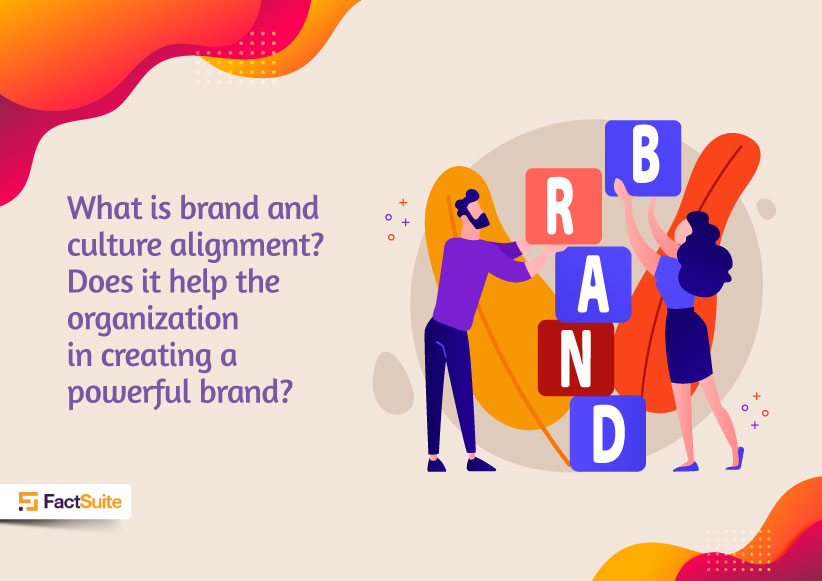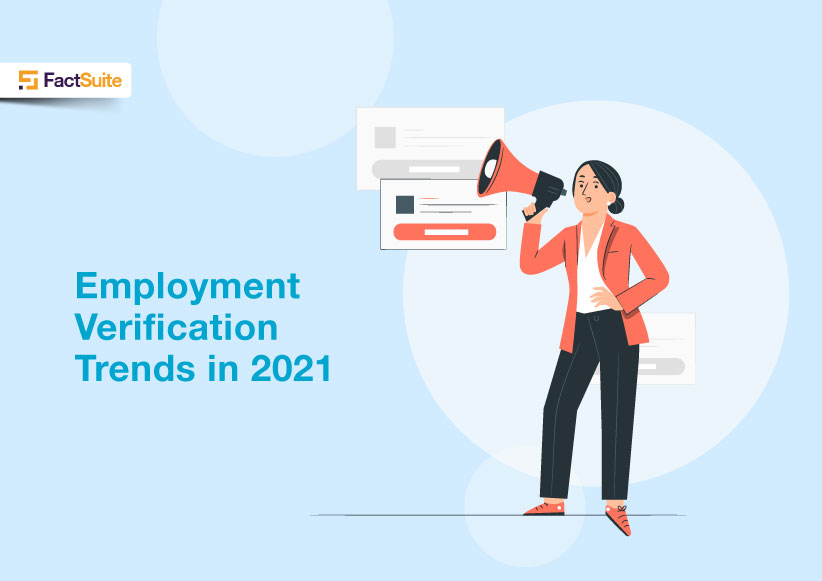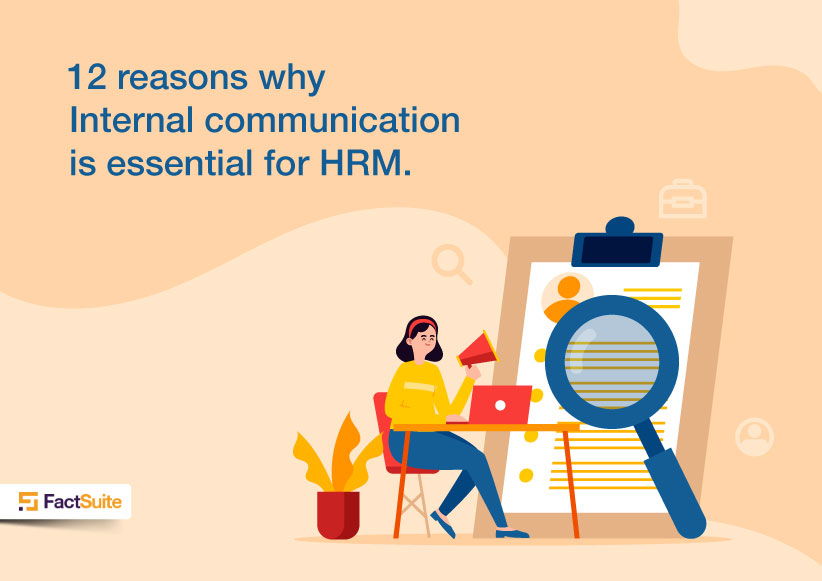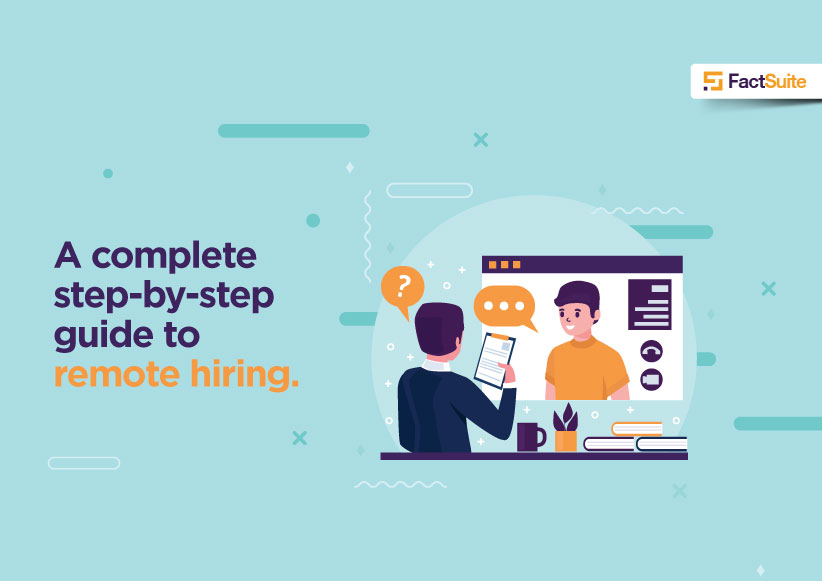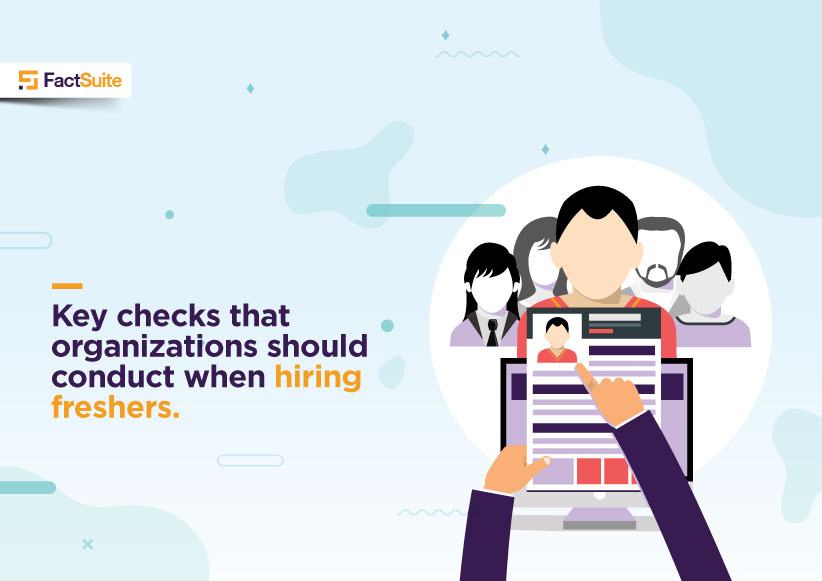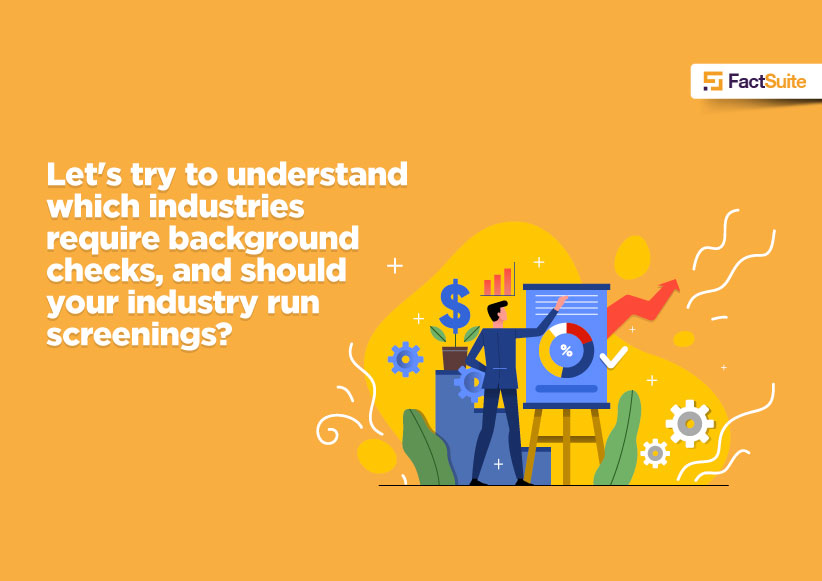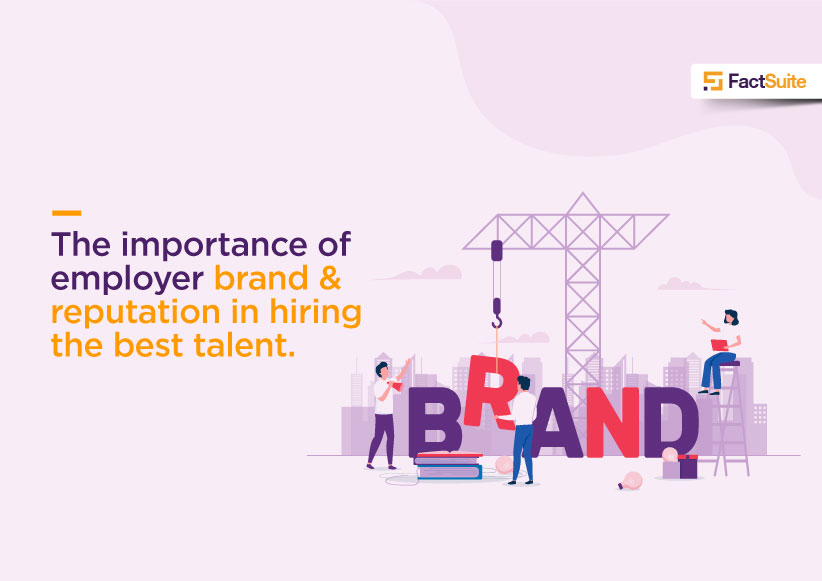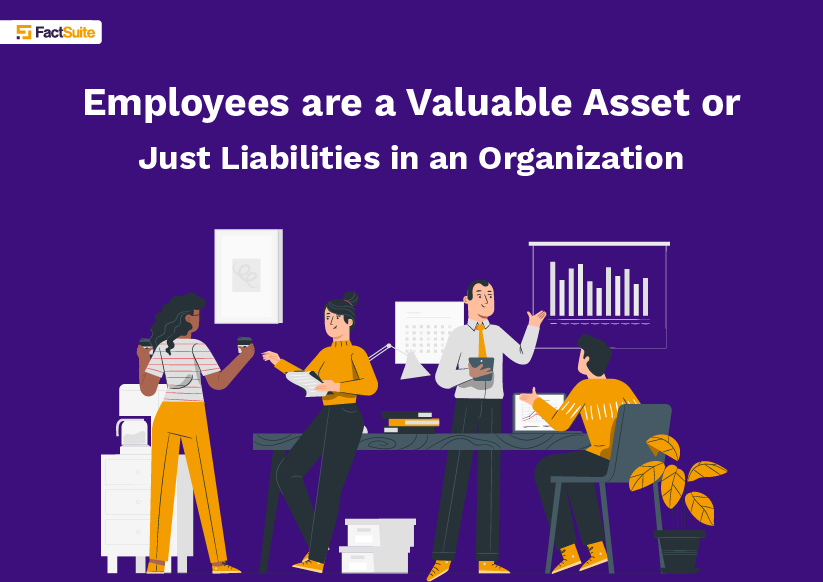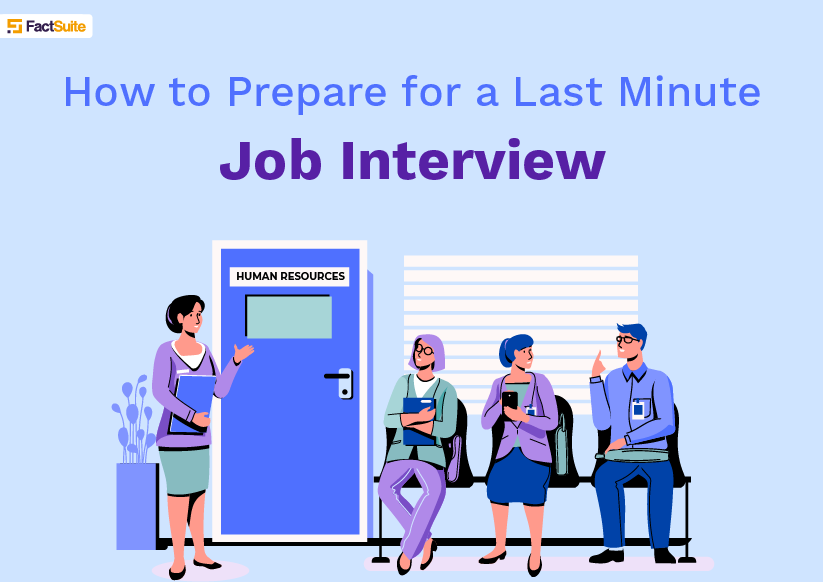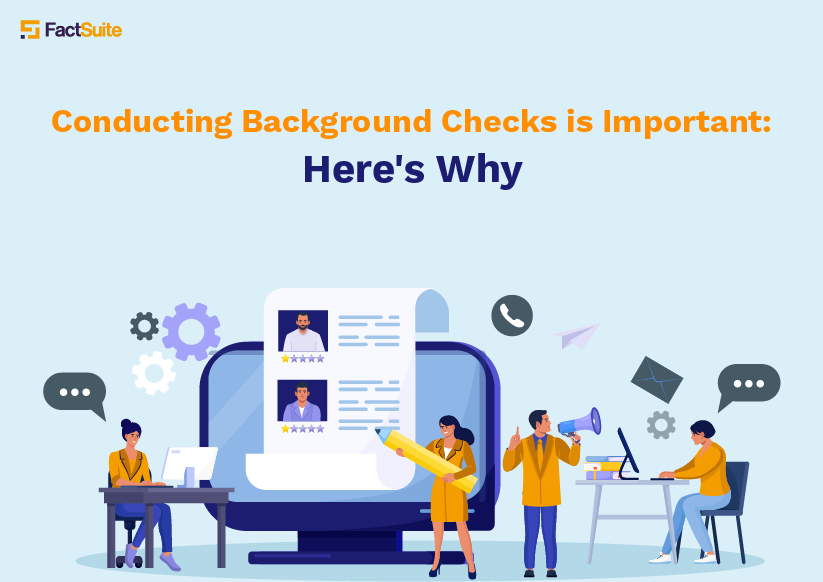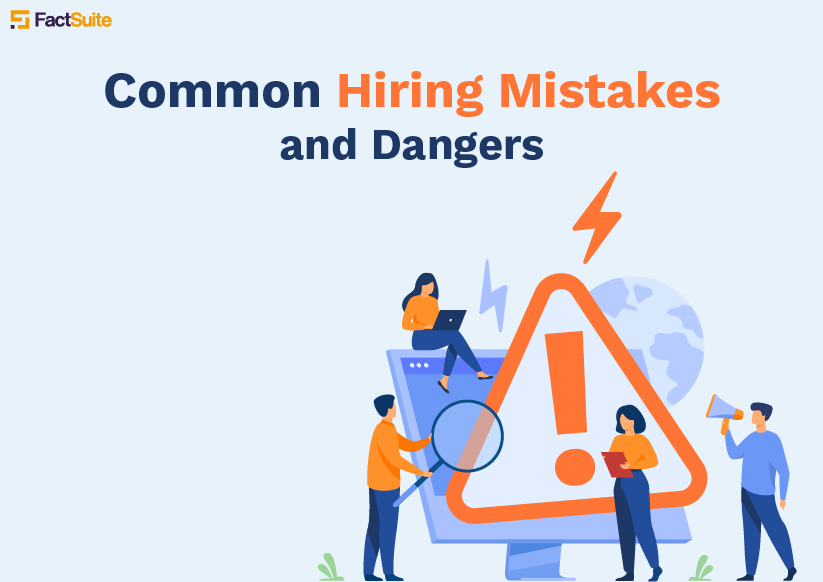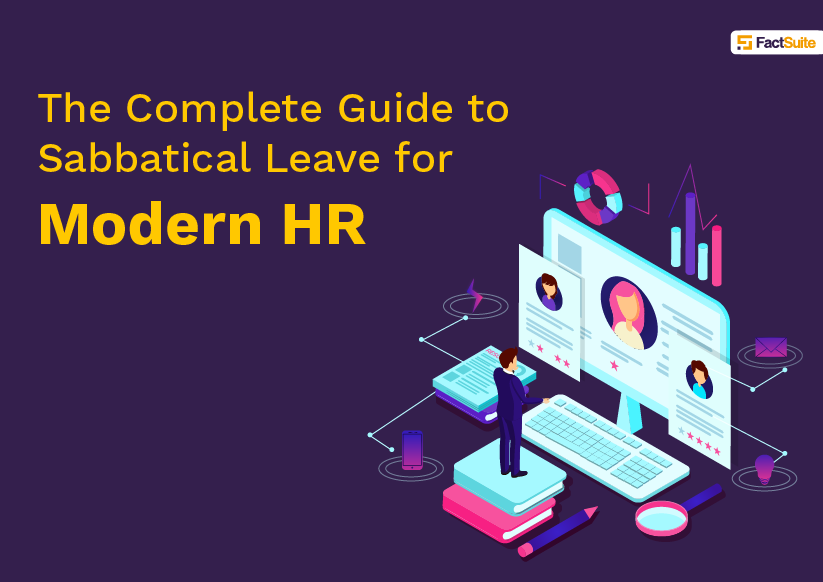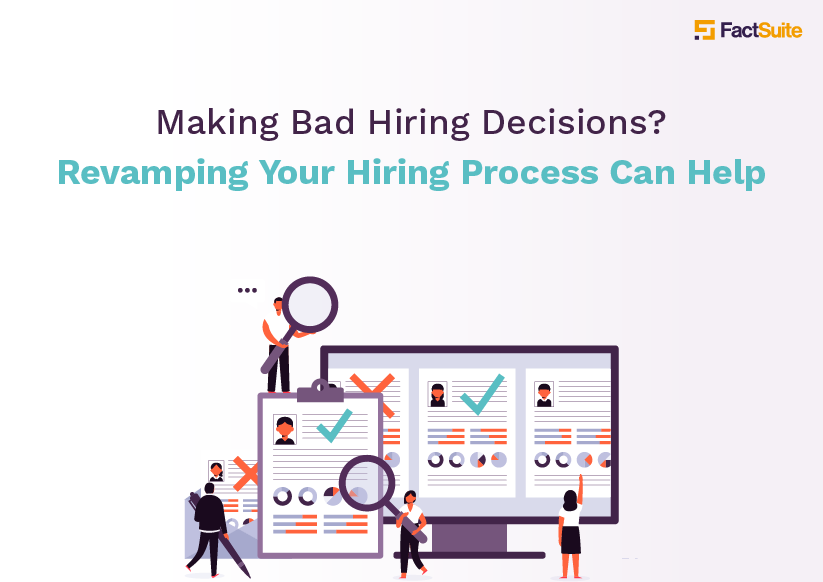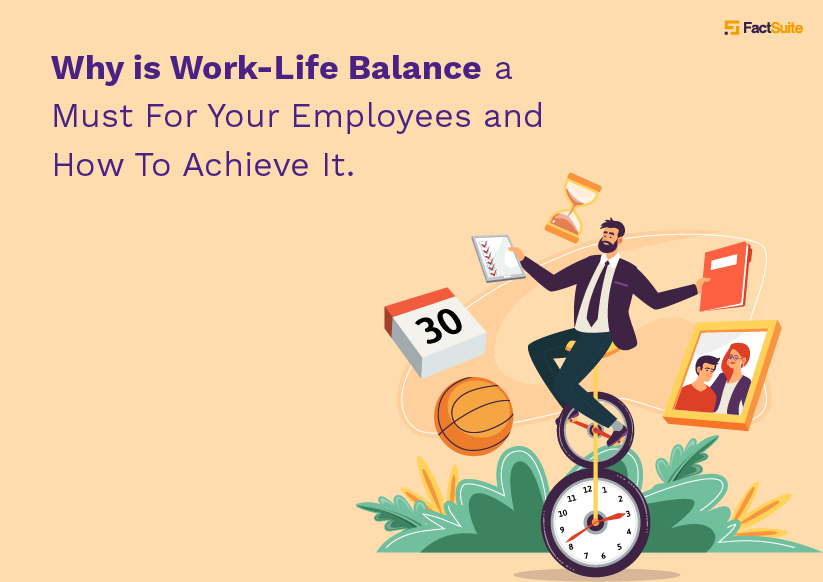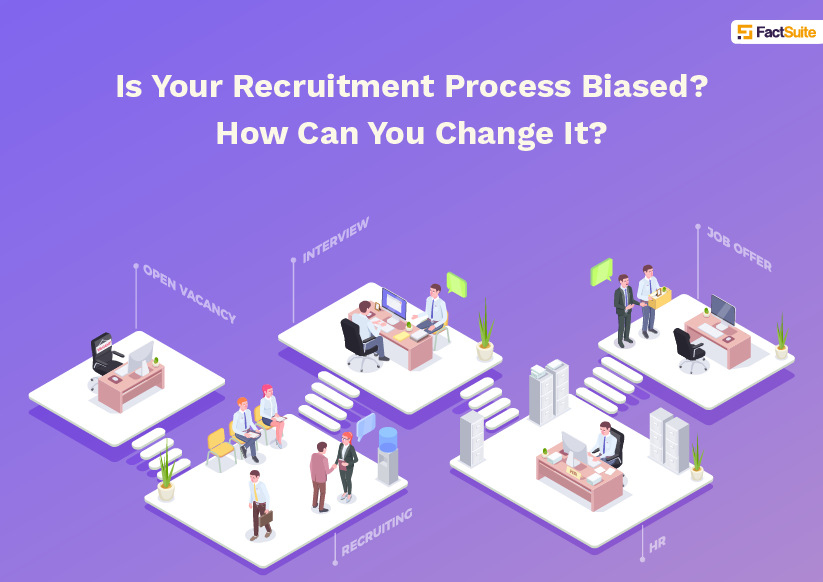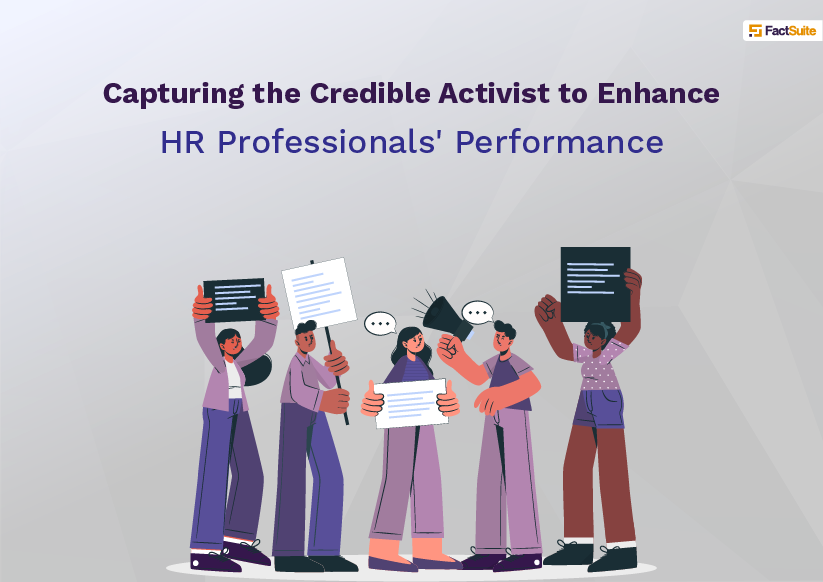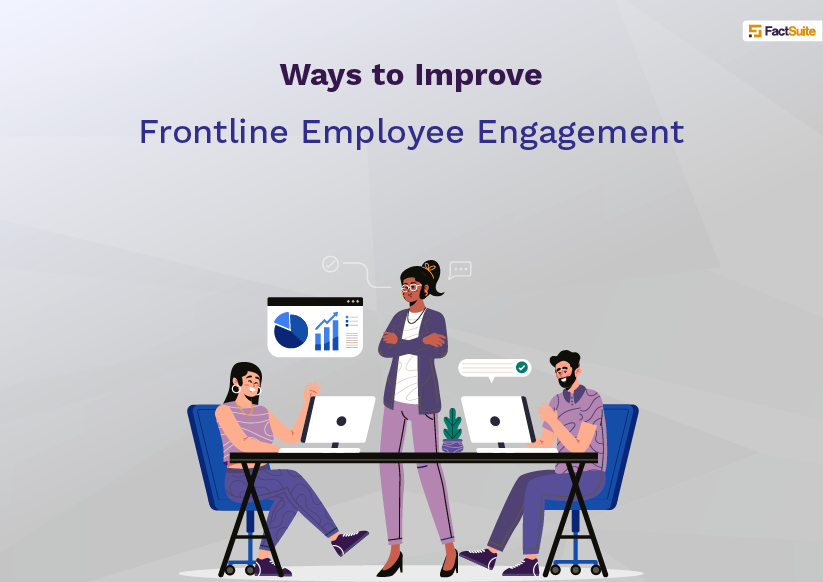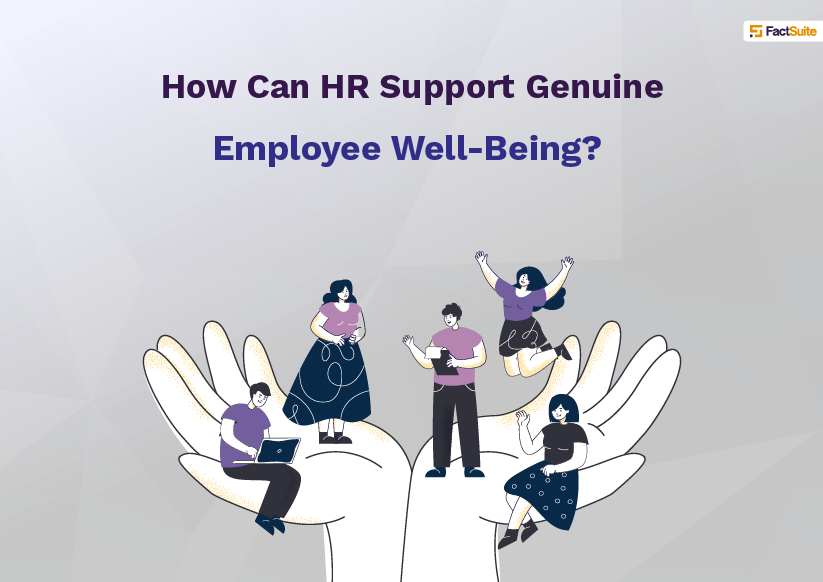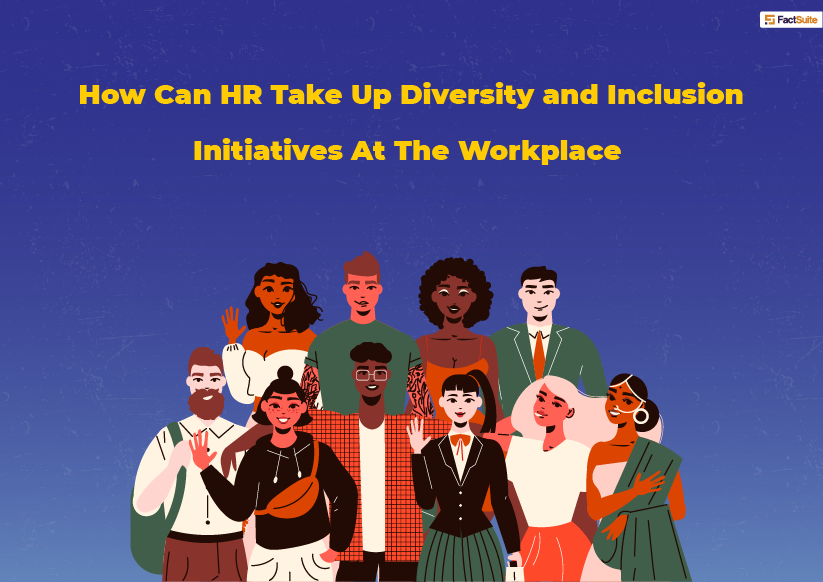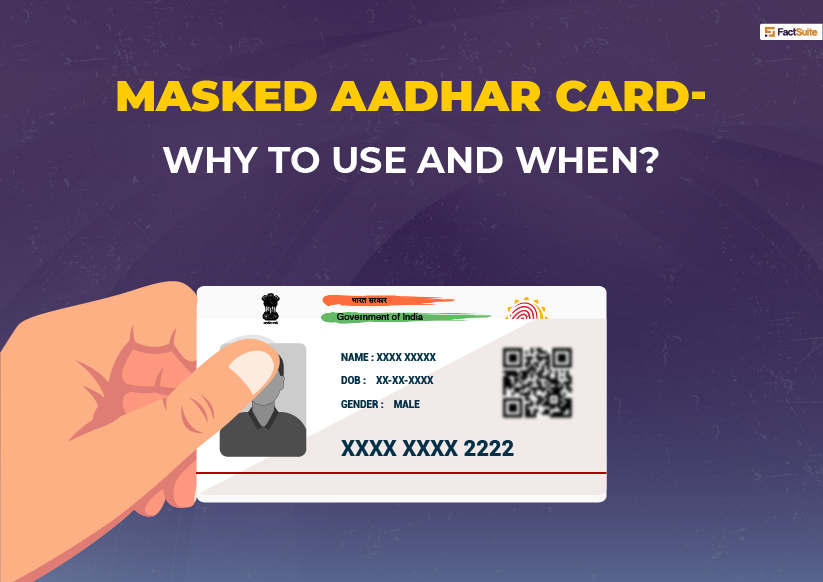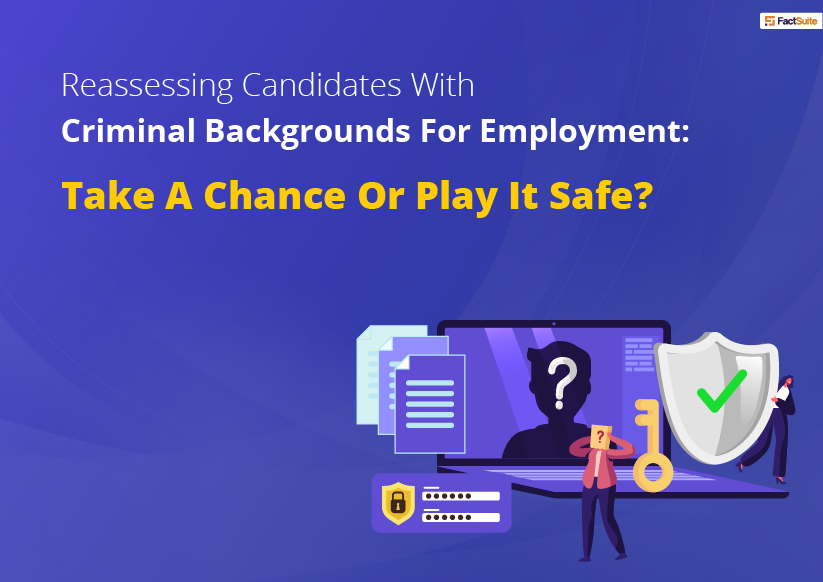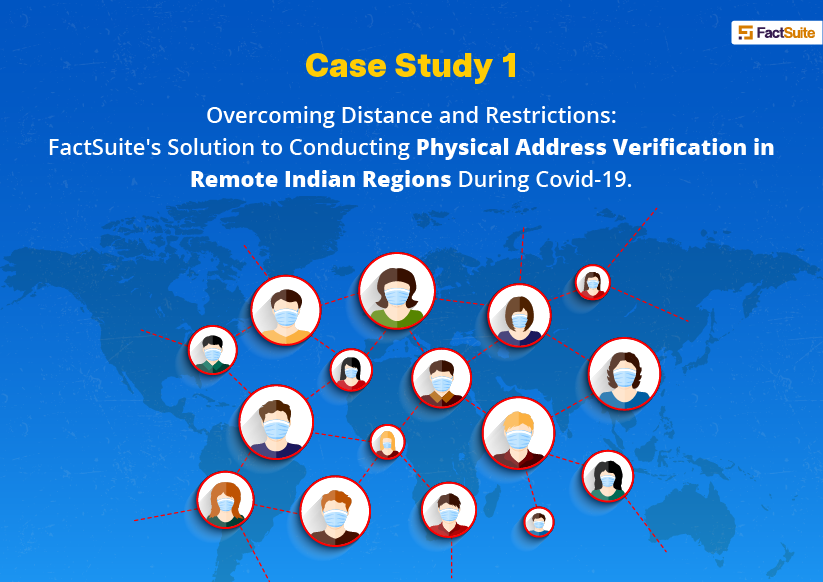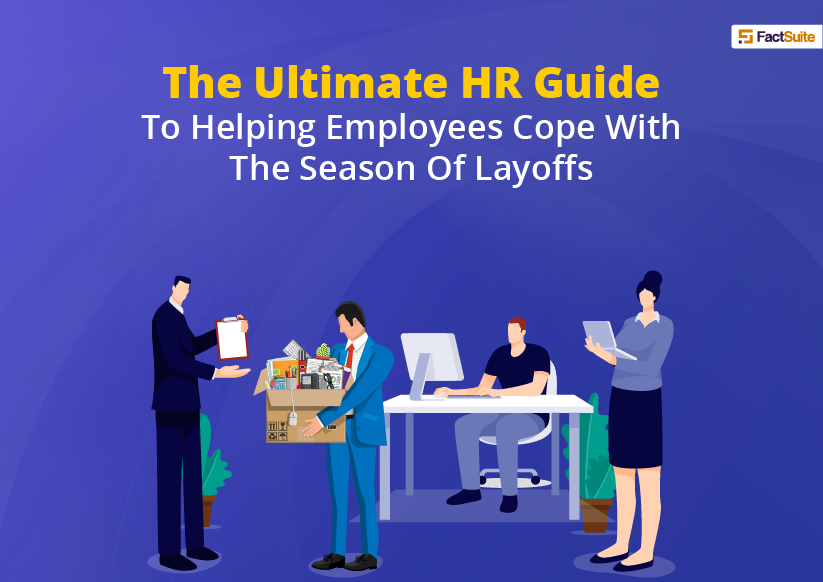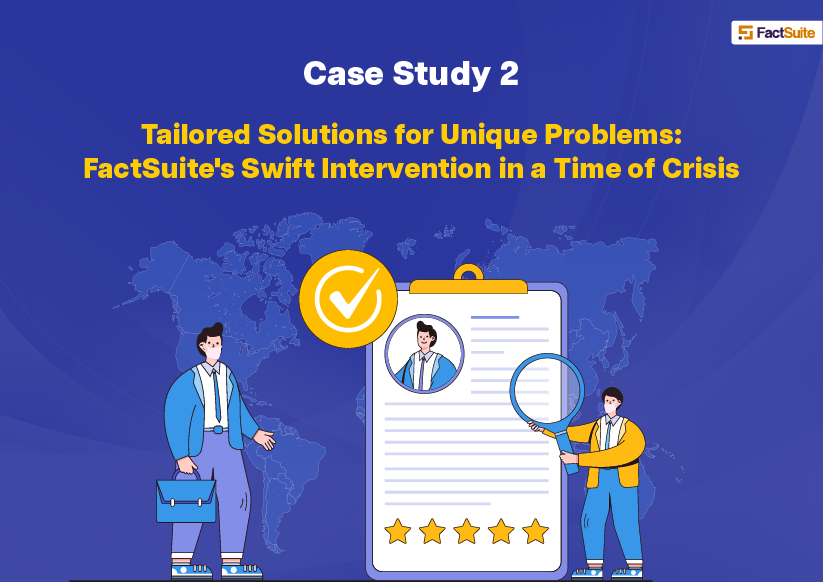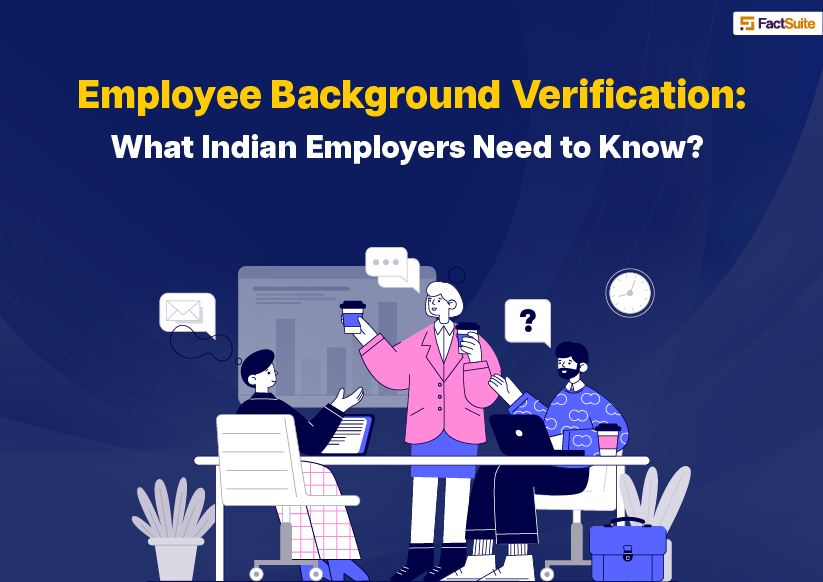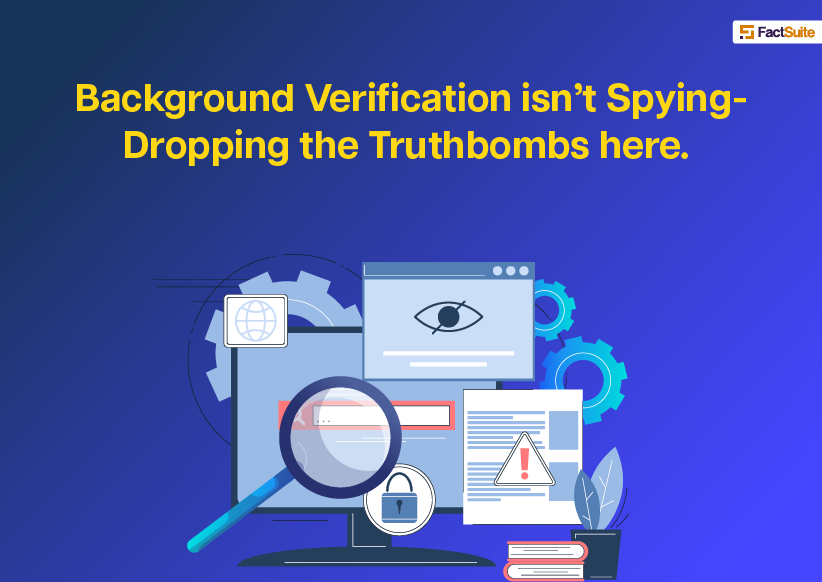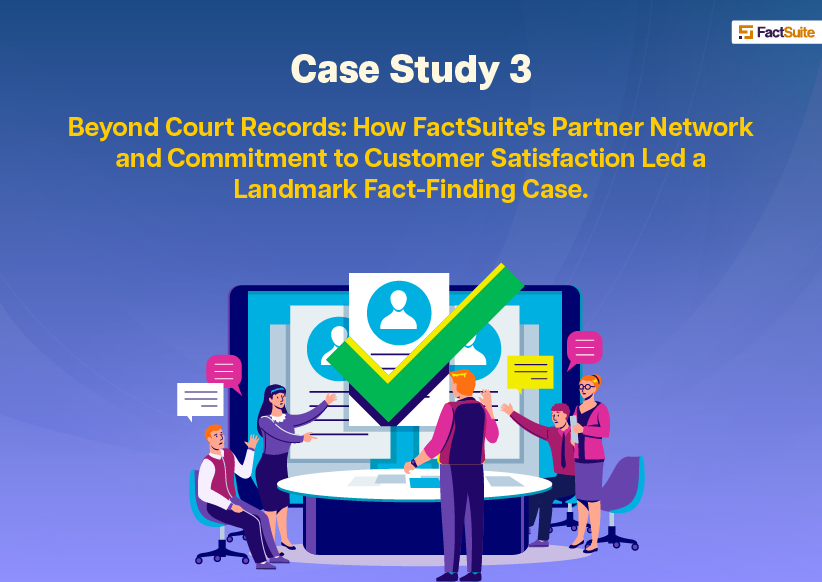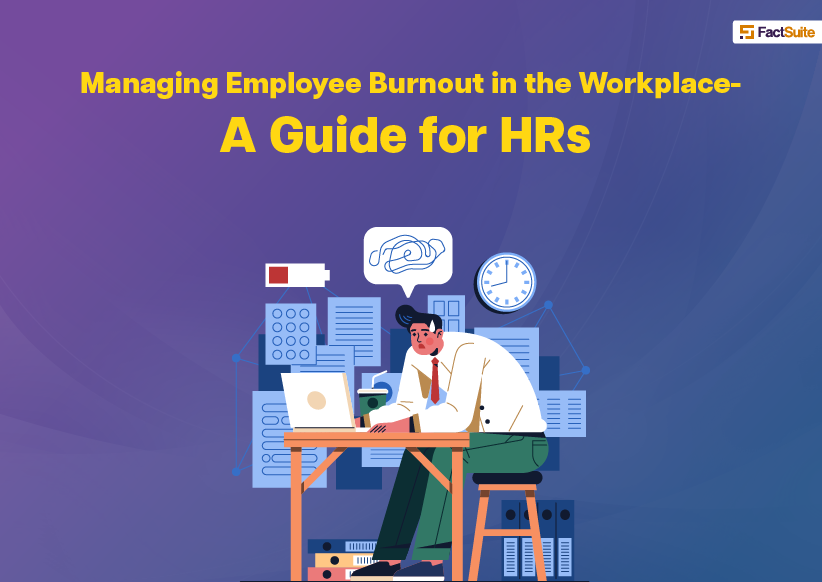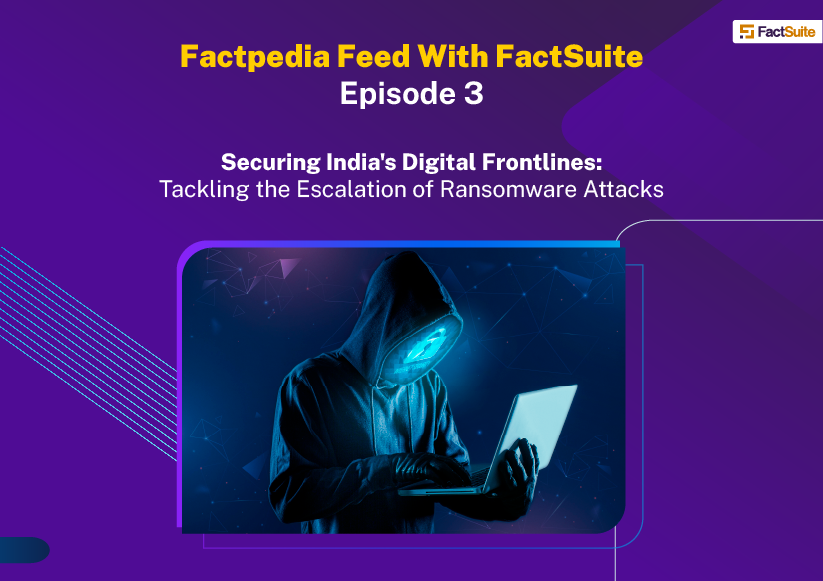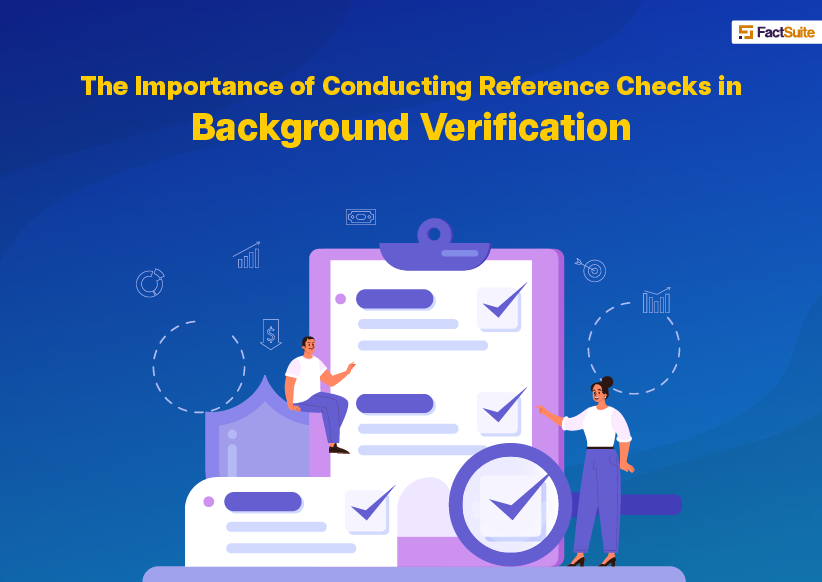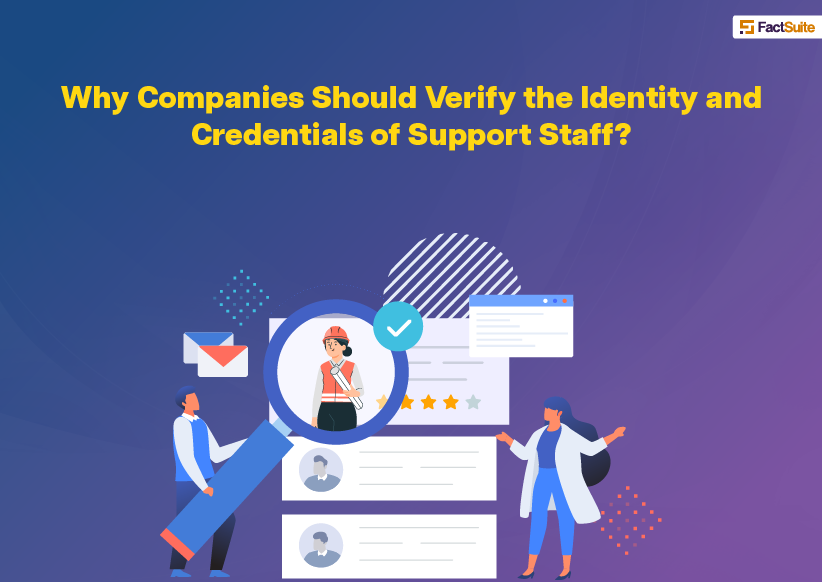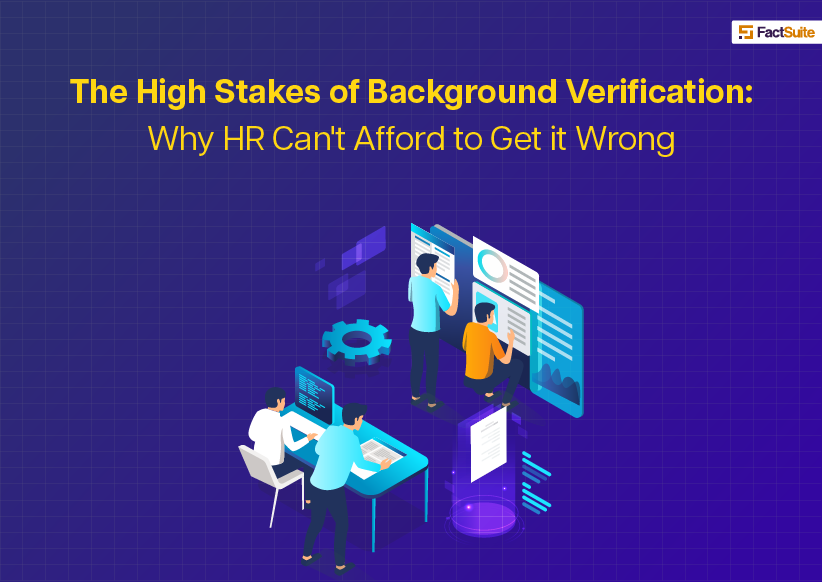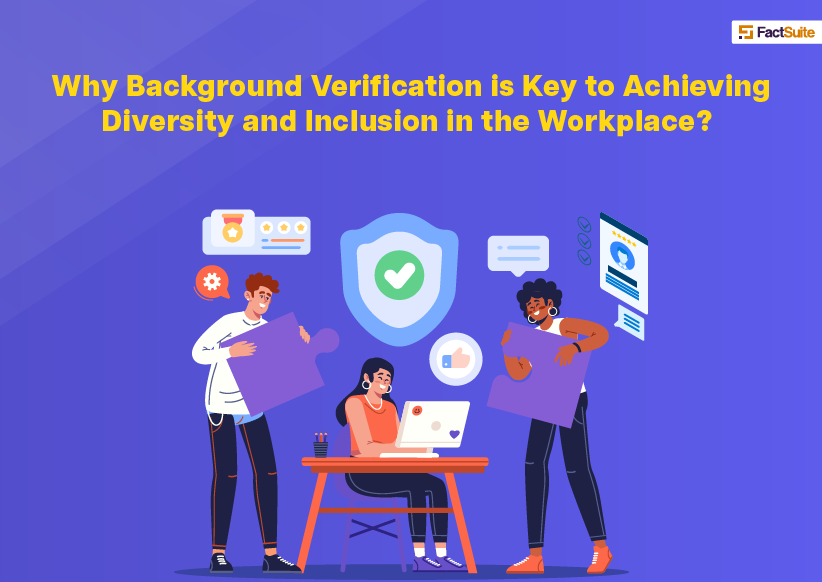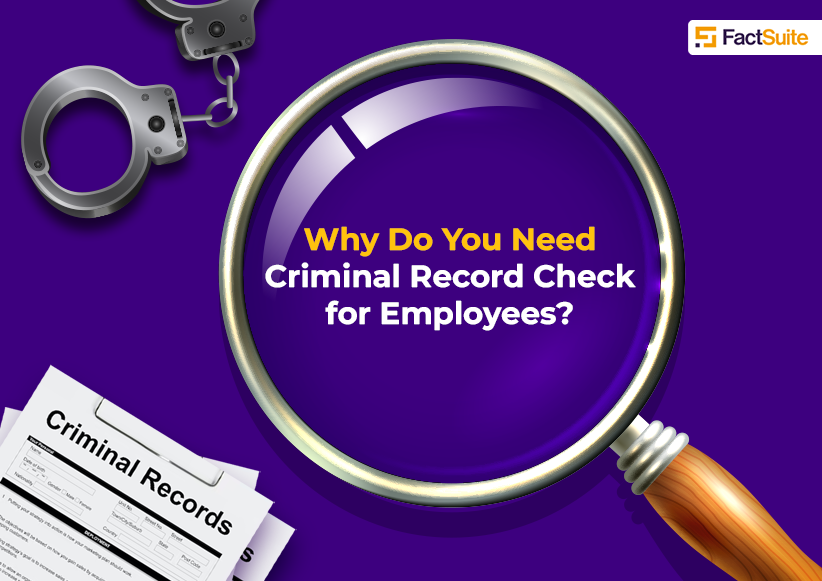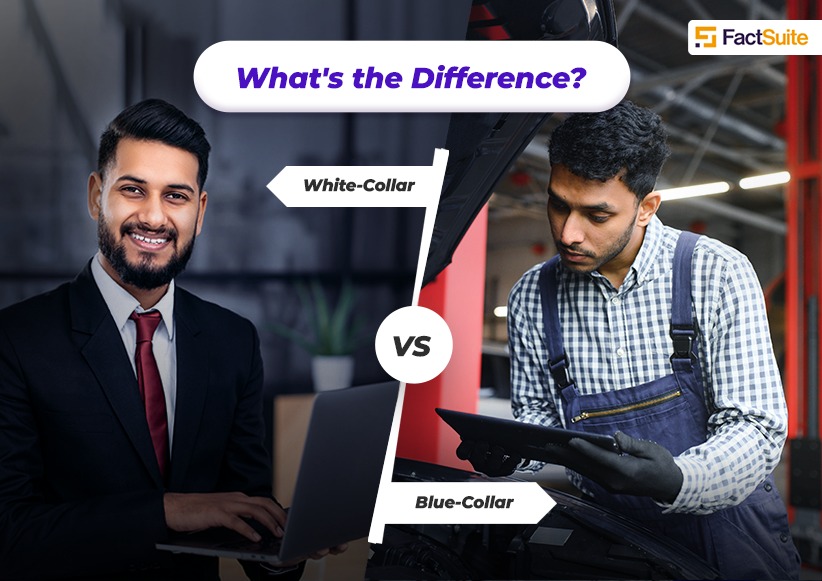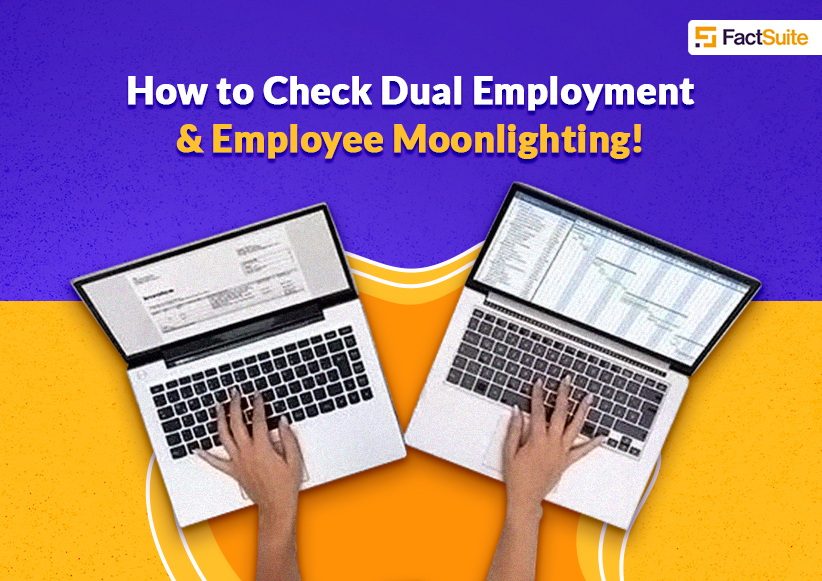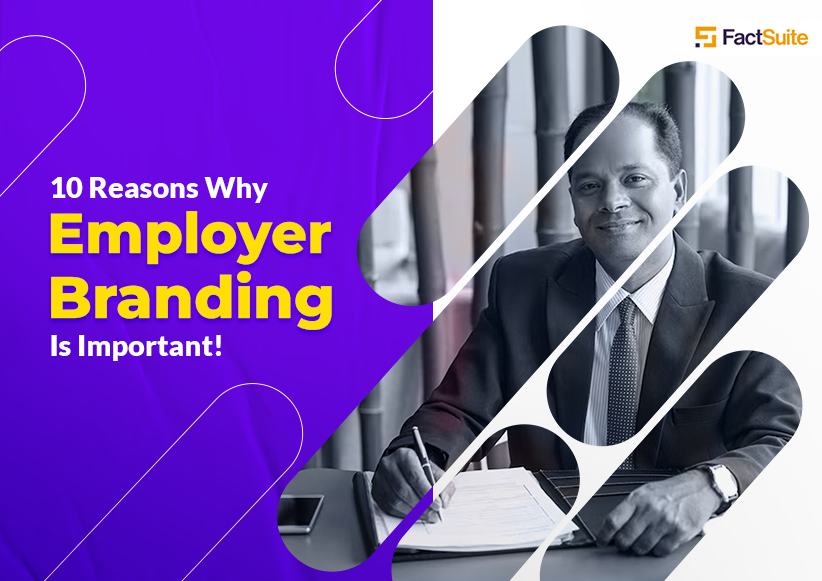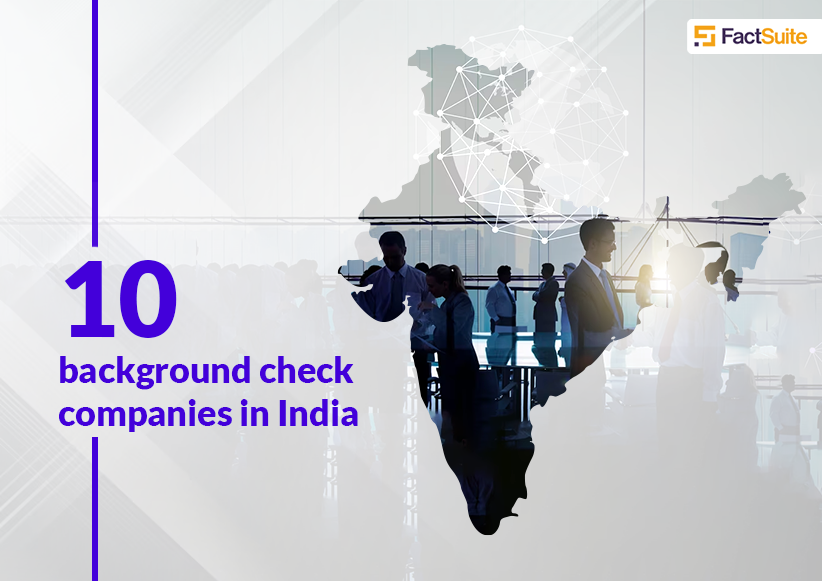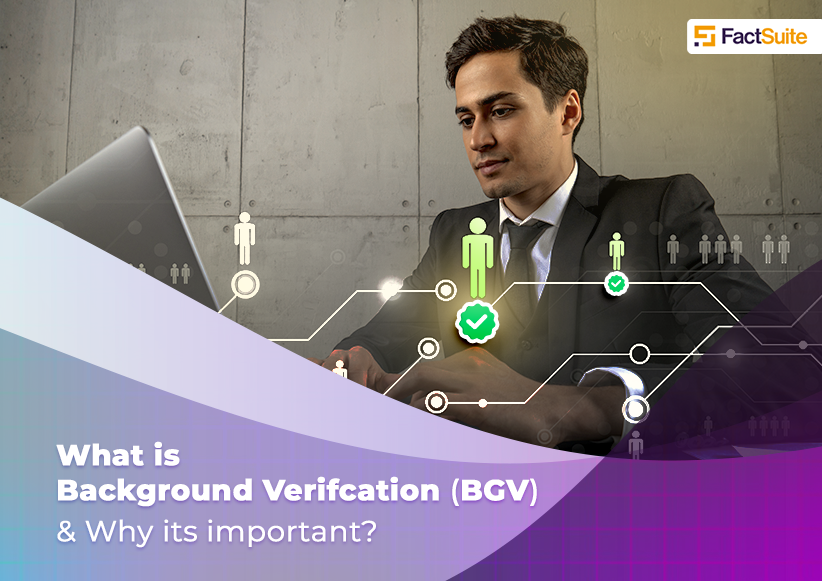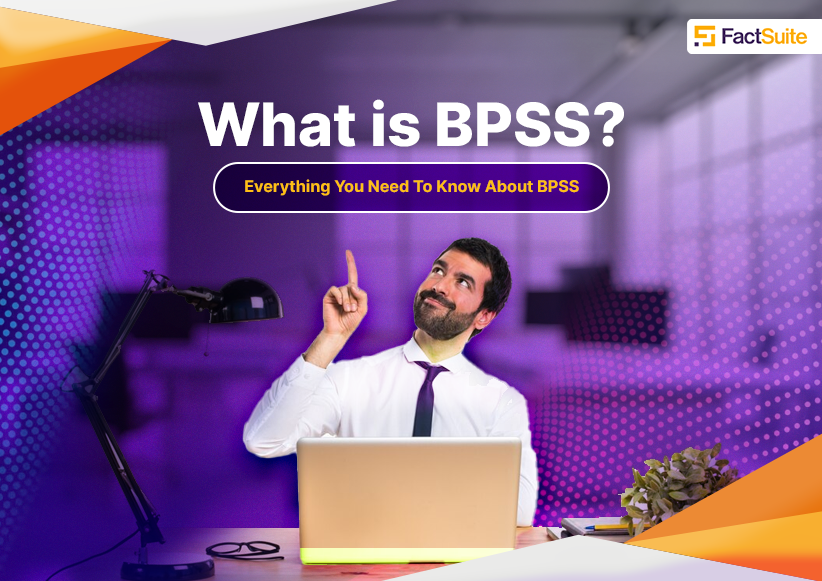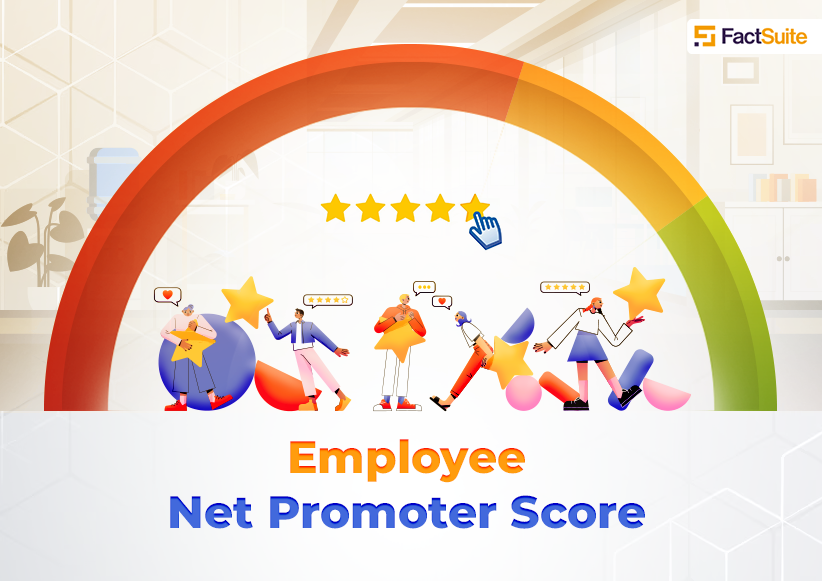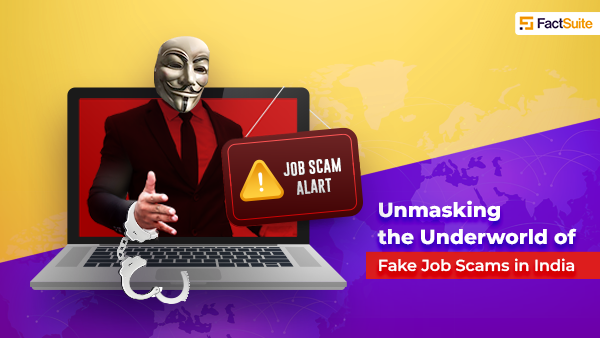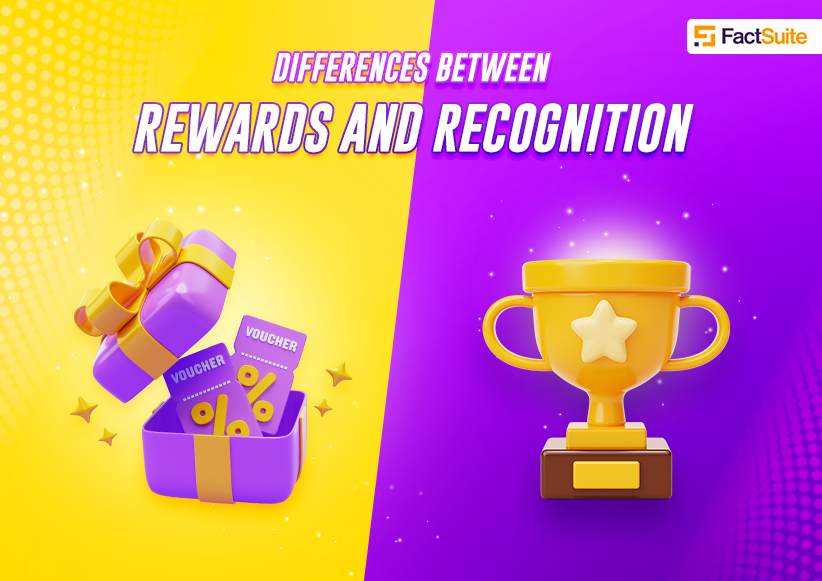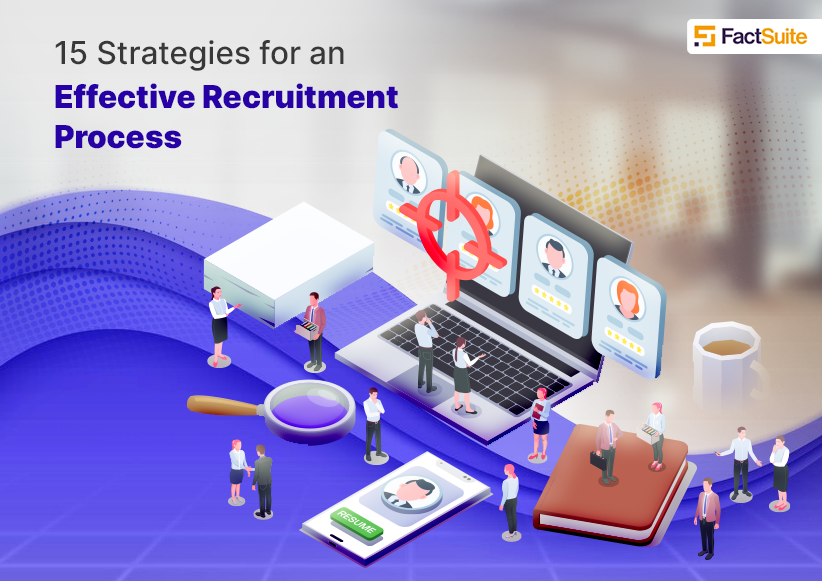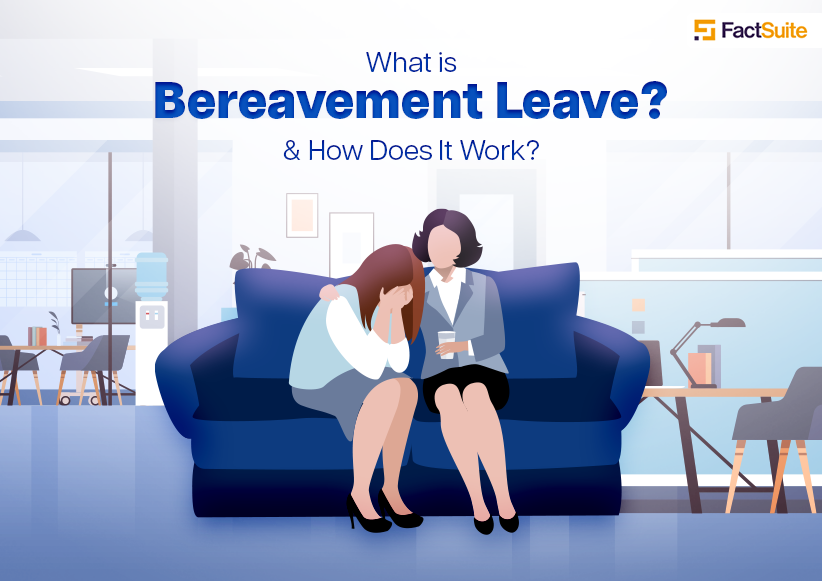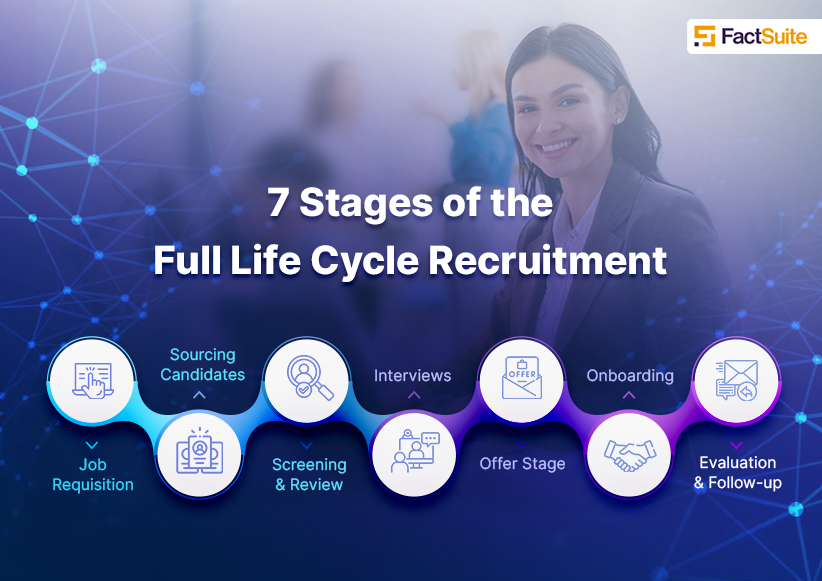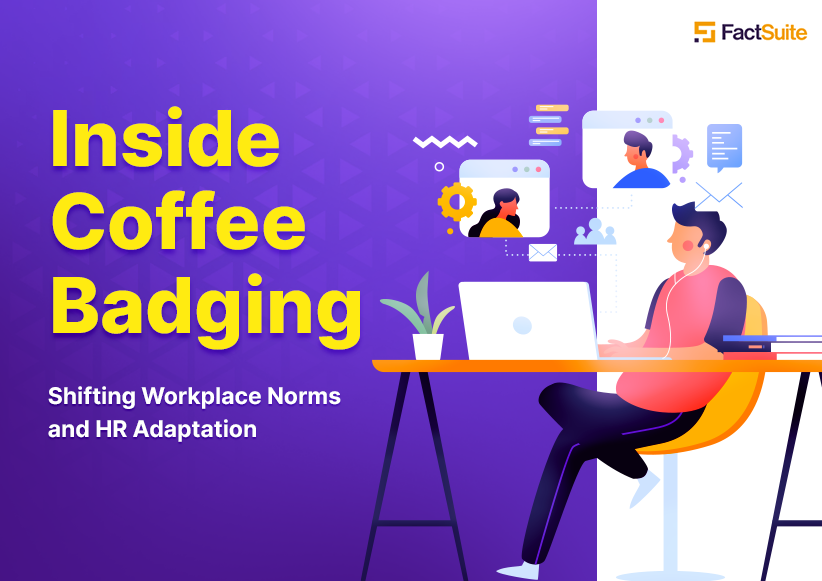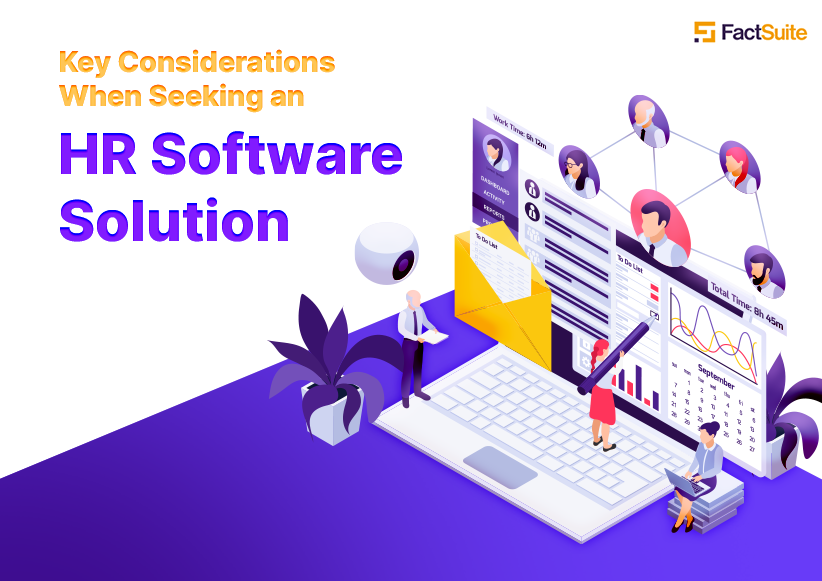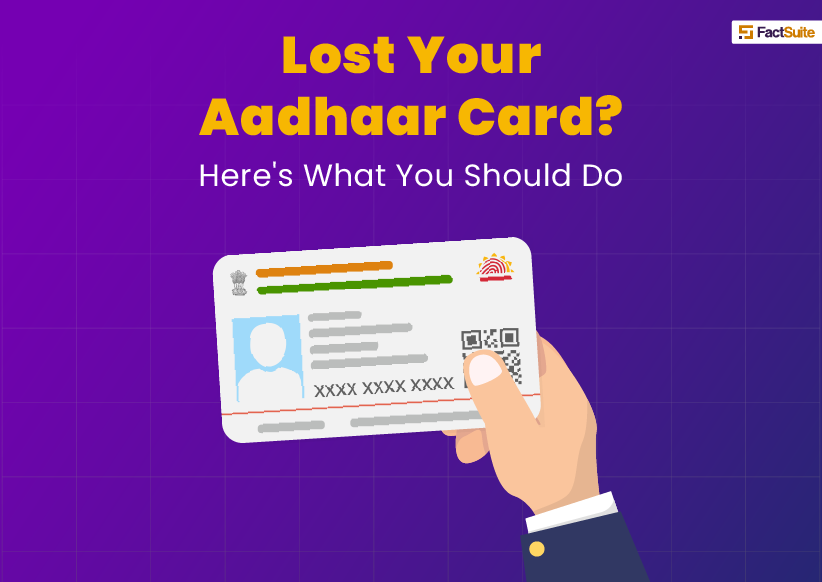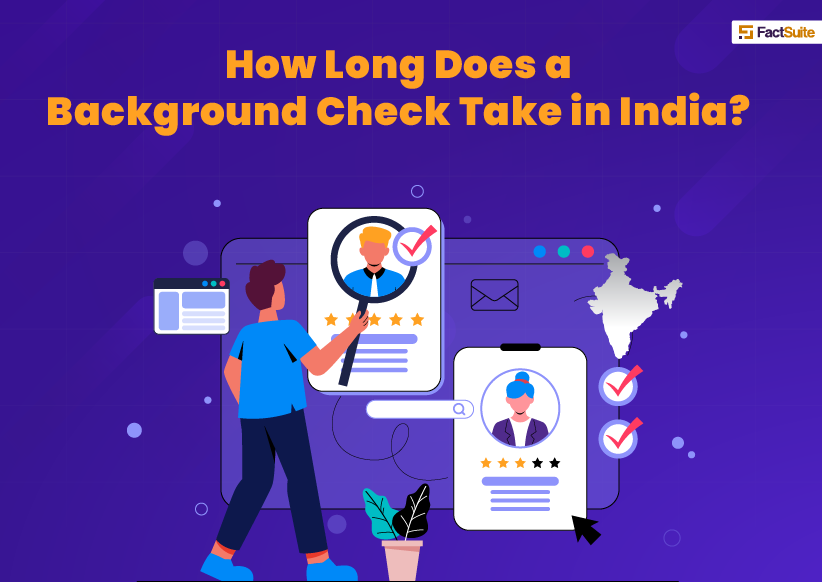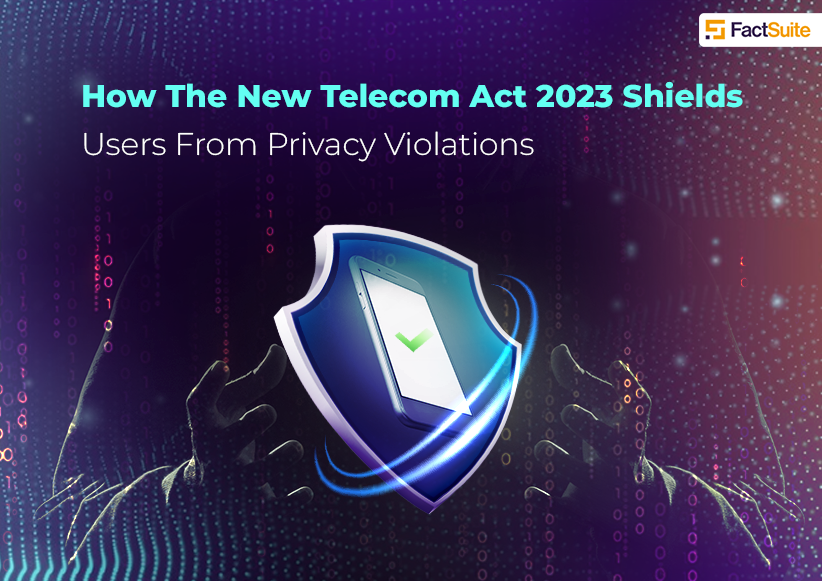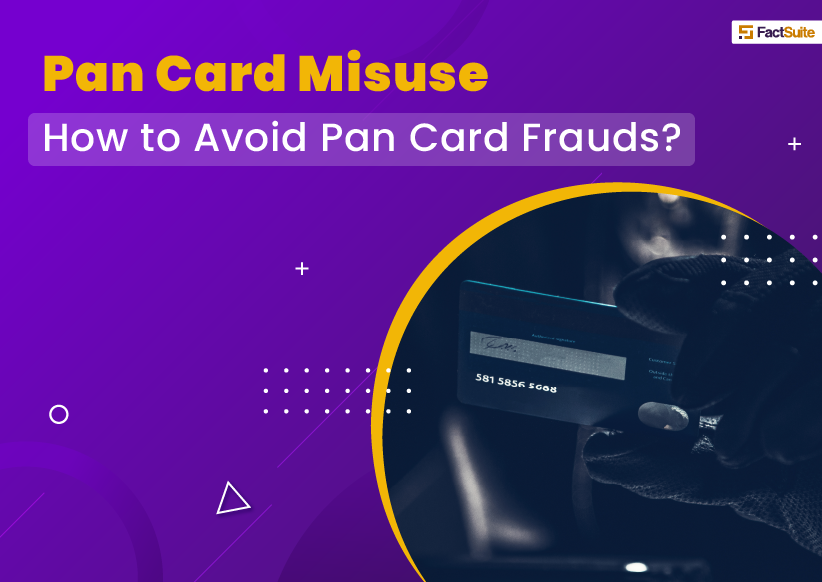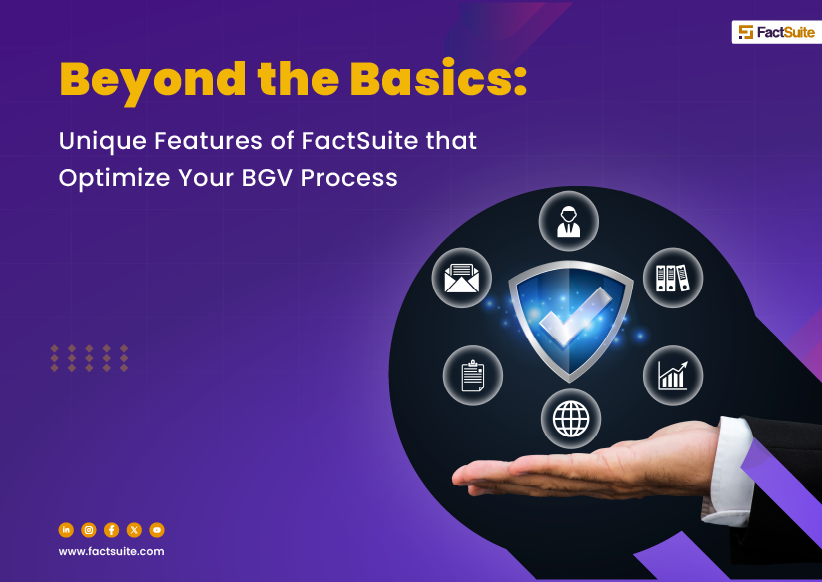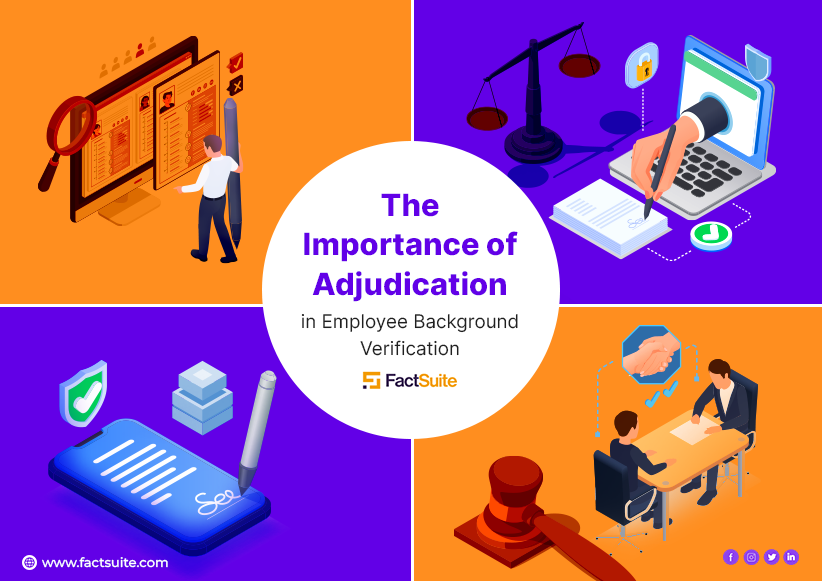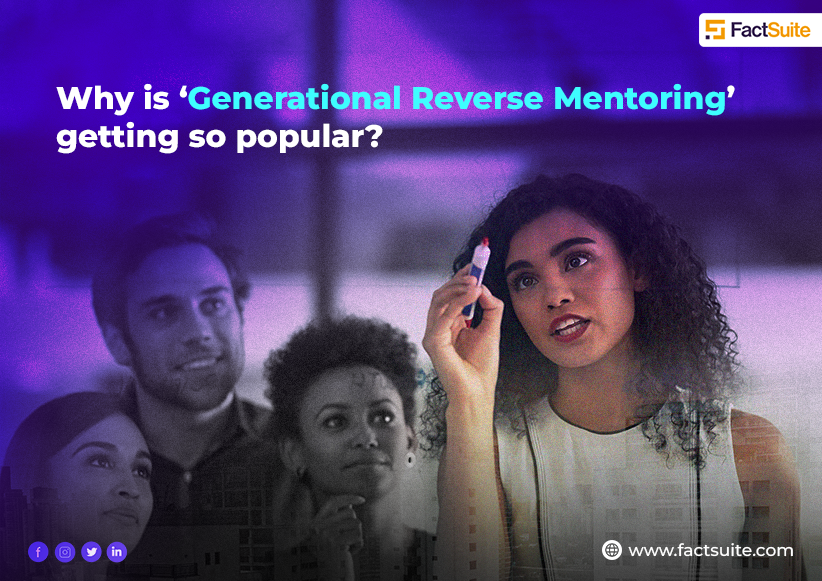A Prospective Candidate Failed BGV Check. What Do You Do?

Table of Content
1. Why Did the Candidate Fail? Find Out the Reasons.
2. Refer To Your Company’s Hiring Policy
3. Have A One-On-One with The Candidate.
4. Make a Decision
Let’s talk about what you should not do when a prospective candidate fails a background verification check in order to understand what you should do.
Imagine this: after interviewing 25 candidates, you zero in on one candidate. You think you’ve found the perfect person. Only until the pre-employment screening results come to your inbox. Hold on. The background check results are negative. Apart from that the candidate is an excellent match to the profile and to your company. So, what really happens if BGV fails after joining? What should you not do?
- Don’t just agree with the screening report.
- Don’t make a decision to not hire based on the screening report.
- Conversely, don’t decide to hire the candidate either.
Then what should you do? Should you go with the screening result and reject the candidate based on how their BGV failed, or should you go with your gut feeling and hire? And what could be the BGV failure reasons- Could it be a mistake by the background verification company or is the candidate at fault? There are a few best practices to find these answers and tackle this situation.
Why Did the Candidate Fail? Find Out the Reasons.
It would be important to understand the candidate’s BGV failure reasons in this case. There are many reasons as to why a candidate’s BGV failed. They could be either simple reasons or serious issues. Unless you get into the details, you wouldn’t know.
Typically, background verification companies would share detailed reports of each test conducted. The most important tests are criminal history check, education check, employment history, and employment verification checks, and address check, among others. Check exactly where the verification agency marked red flags. Then, get into the details.
Go through each and every detail under each category of checks and assess whether the result might affect the job or the company. For example, if a candidate has a legal suit filed for something as trivial as breaking a traffic signal once. BGV failure reasons like these are not something that should affect the job or the company and shouldn’t be a reason why a good professional was denied a job. But unless you get into the details, you wouldn’t find this information.
Refer To Your Company’s Hiring Policy
Read your company hiring policy to a tee. Most hiring policies have detailed guidelines about hiring for different profiles. Once you find details pertaining to the profile for which you are hiring the candidate, cross-check the requirements. This will give you an idea about whether or not you must go with the screening result to make a decision or not.
Have A One-On-One with The Candidate.
Have a discussion with the candidate on why their BGV failed, and what happens if BGV fails after joining. HR managers should also share a copy of the report or parts of the report with the candidate. It is possible that the results are wrong, or the candidate has a valid explanation for the result. There could be many reasons: the candidate might have been a victim of identity theft, or the results were wrong due to computer error, or the candidate had been framed into something. It is also possible that the results are correct, but it may not affect the candidate's profile or cause any harm to the company. In the event of a BGV failure after joining, it is crucial to assess the situation and consider the potential impact on the candidate's employment. It is best to have a discussion with the candidate and allow them to explain their story, providing an opportunity to address any concerns or misunderstandings that may arise from the failed BGV.
Make a Decision
Once you’ve spoken with the candidate, make a decision based on your discussion and findings. If you find that the screening result was false and the candidate would not do harm to the company, follow the company HR guidelines of hiring in such a case. These would include offering job offer letters and clearly explaining further steps in the hiring process.
Conversely, if you decide to go with the screening results and choose not to hire the candidate, send a written notice to the candidate, clearly stating the reasons. Many companies follow certain practices such as:
- Stating the reasons for the rejection
- Sharing the background verification check report
- Sharing the contact of the screening company
It would be a shame if a good candidate was denied a job because of discrepancies and a negative background screening result, especially considering the potential consequences of a failed BGV after joining. What happens if BGV fails after joining is a critical question that needs to be addressed. Everyone makes mistakes, and everyone deserves a second chance.
In cases where a candidate's BGV fails after joining, it is essential to evaluate the situation and determine the appropriate course of action. Additionally, background verification companies that might have shared wrong results should also be sent a notice, as it is important to hold them accountable for any inaccuracies. Furthermore, it is crucial to identify the source of the errors to prevent similar issues in the future. Thus, it is vital for companies to carefully choose the right background screening company to ensure the effectiveness and accuracy of their hiring processes.

